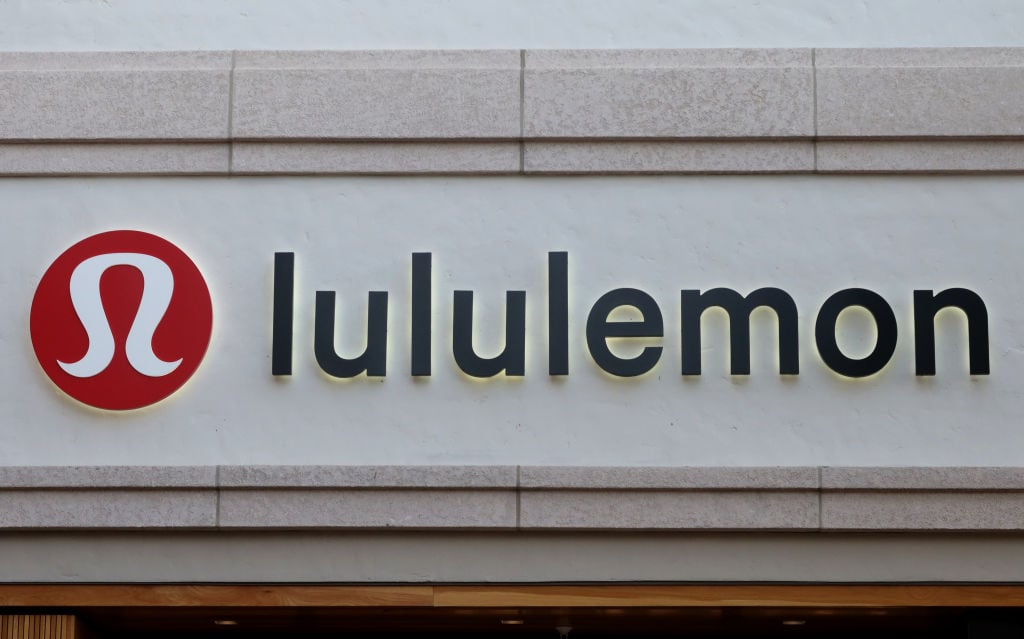Since debuting on the public markets in 2008, yoga pant fabricator lululemon athletica (LULU 0.83%) has maintained extremely lofty valuations, often trading north of 40 times earnings. There's no doubt the company has grown quickly and rewarded early investors -- the stock has a to-date gain of nearly 360%. But for the price-conscious, risk-averse investor, it's never been a very appealing stock. That viewpoint has attracted more than just value-oriented investors, as the stock suffered a wardrobe malfunction of tremendous proportions, management shakeups, and now sagging product reviews. How long can Lululemon's valuation fly in an environment of increasing headwinds?
Market darling
The pricey products from Lululemon have clearly been a runaway success, but is that success tapering?
Founder Dennis Wilson recently announced he would be unloading about 3% of his position in the company -- more than 3 million shares. A big insider sale is not as prophetic as an insider buy (lots of reasons to sell, only one to buy), but it doesn't help the concern that Lululemon is facing some serious growing pains.
Investors are well aware of the see-through yoga pant crisis, which cost the company millions and resulted in the departure of its then-CEO. Shareholder activists and law firms allege that the company misled investors with its big earnings while failing to inform them of the cost-cutting that may have been a factor in the decreased quality of the products. To add insult to injury, a Macquarie analyst and self-described "heavy user" of its products has released a report suggesting overall customer satisfaction is deteriorating. The analyst cited hundreds of product reviews, wherein one-third of the customers rated the products with 1 or 2 stars out of 5. The issues weren't just regarding see-through pants, but factors such as poor sweat absorption -- a key factor for sports apparel.
With above-average prices and an already fragile brand name, Lululemon cannot afford a significant drop in consumer confidence, especially with increasing competition.
In the meantime, the company's stock still maintains a market-darling valuation -- nearly 26 times forward earnings and an EV/EBITDA of 20.63 times.
Multiple correction, or earnings fallout?
If Lululemon is unable to sustain its lofty multiples, investors risk substantial downside. If the company were to trade more along the lines of Nike (obviously a much more diversified, mature enterprise), around 18 times forward earnings, that would imply a price around $46 per share -- a 30% discount to today's market price. That even includes an optimistic forecast for the fiscal year ended January 2015.
The stock is subject to earnings revisions and a change in market perception -- a double downer for investors. It appears that Lululemon's stock is priced for best-case scenarios -- a tough investment thesis if you're trying to cover your rear end.






